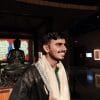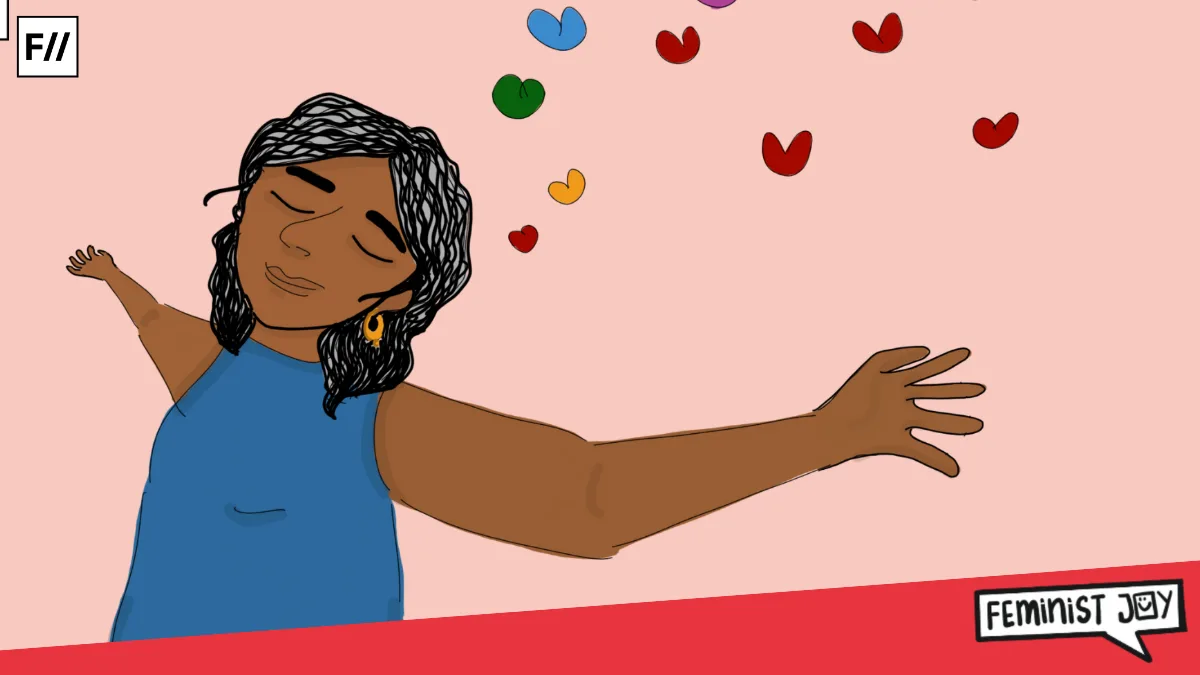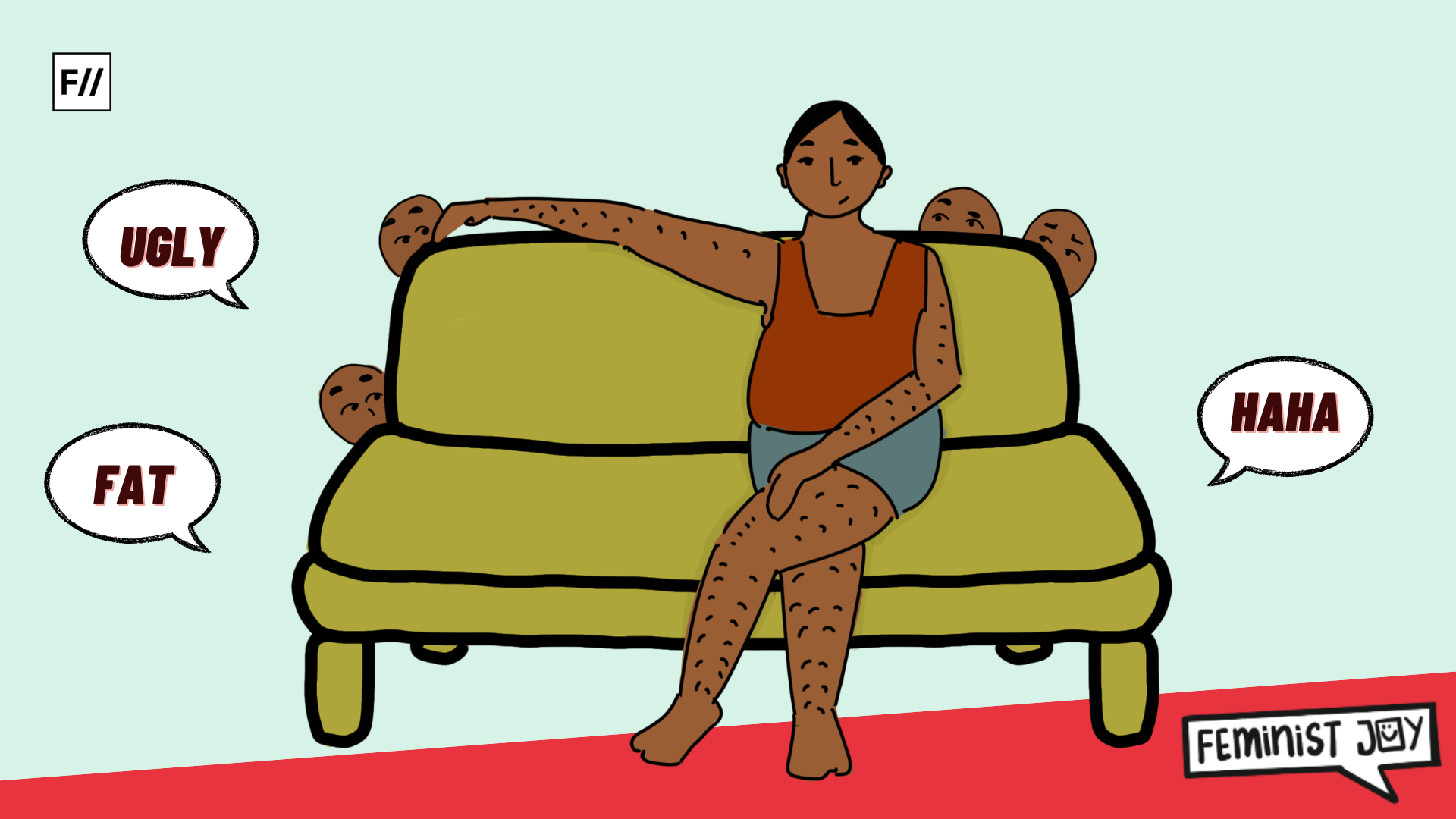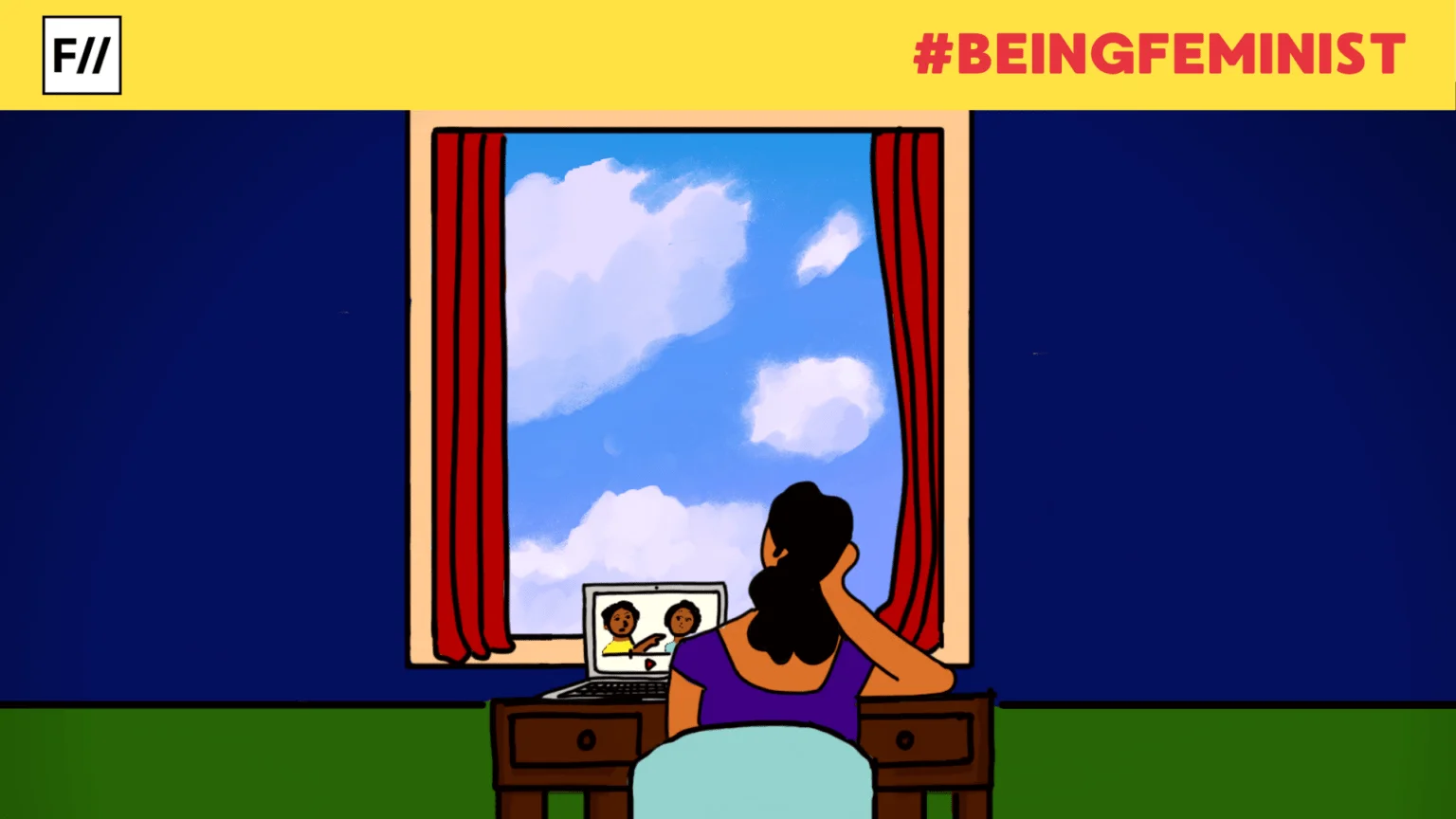Books have played a crucial role in feminist consciousness around the world. For me, books became one of the tools where I could enjoy and discuss my feminist identity with others. From my childhood to college days, reading always remained important in my life. It also had a significant impact on the way I think and enjoy being a feminist. This joy was not only limited to reading but also after reading the books and having discussions with my friends and sisters. Visiting various bookshops and reading circles and exchanging books with each other also became an act of pleasure for me.
I share a special bond with my sister, and books have become a medium and tool of pleasure for both of us, particularly the books of Gujarati feminist writers. One of the writers we always discussed and cherished is Kundanika Kapadia, and her works, like Sat Pagla Akash Ma, offer a plot where one can discuss the struggle of women in everyday life and also enjoy the joy of resilience and resistance of women characters.
Exchanging books among us feels like we are showing off our feminist solidarity and building up an act of leisure. It’s through these exchanges that we honour and discuss narratives like Kapadia’s and remind ourselves that feminism is not a concept that is borrowed from others but exists in our own Gujarati literature.

In my college years, exchanging and discussing important feminist work with friends like Ayushi, Navya, and Dou Min Lun brings another kind of ideas to my feminist joy. Each of them brings unique narratives and discourses to our discussions, enriching my understanding of feminism. Even some of my teachers, discussing the important text with them, also provided me with a new definition of feminism.
With Ayushi and Navya, we delve into works like Sylvia Plath’s The Bell Jar or Angela Davis’s Women, Race & Class. These books deal with mental health, systemic oppression, and the intersections of class, race, and gender. Plath’s poetic words help us to understand the everyday struggles of women under patriarchal pressures, while also Davis’s work forced us to think about the political, economic, and social discourses that promote inequality.
With Dou Min Lun, most of the time we explore the works of feminist historians like Uma Chakravarti, Gerda Lerner, and so on. Together, we’ve discussed Kimberlé Crenshaw’s work on the idea of intersectionality, which has been important to understanding how multiple identities—race, gender, class, and caste—shape one’s marginality and oppression. Exchanging and discussing these books isn’t just about sharing random ideas; it’s about creating bridges of solidarity and everyday joy.
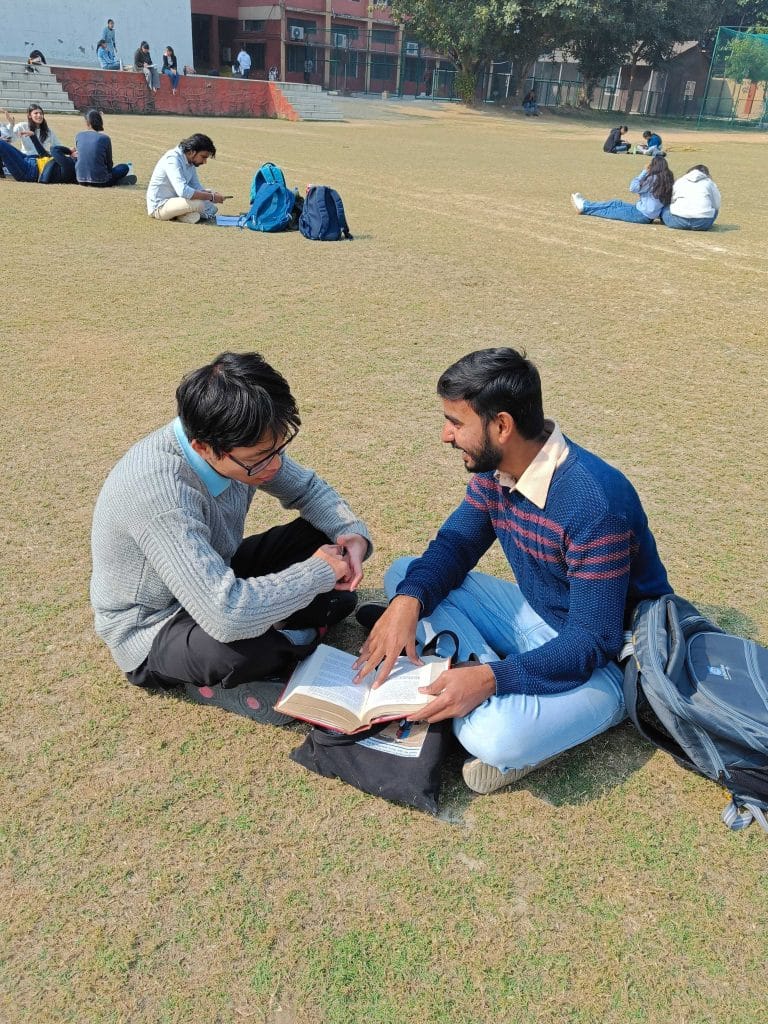
Whether I’m engaging with the poetic depth of Sylvia Plath, the bold advocacy of Angela Davis, or the cultural and linguistic complexities of Kundanika Kapadia, reading and exchanging books is my way of resisting patriarchy and enjoying small success after discussing texts with persons who are not familiar with feminist discourses and compelling them to think about feminism.
Whenever we have a book exchange and discussion, it is a prompt that our joy is some sort of resistance and advocates for radical change. Together, we created a community where knowledge is not the gatekeeper but our community of shared learning, where stories and books are not just mere literature but more than that and relatable in our real-life struggle in the patriarchal world. For me, this shared ideal and journey—of reading, exchanging, and discussing books—will always remain my feminist joy.
About the author(s)
Faga Jaypal is a final year history student at Sri Venkateswara College, University of Delhi, with a keen interest in intellectual history, gender and sexuality studies, social justice, and cultural studies. Passionate about literature, books, and museums, he combines his love for storytelling with academic research. Aspiring to become a teacher like Mr. Keating, he seeks to explore history through diverse narratives.

